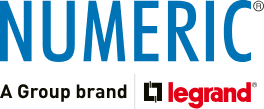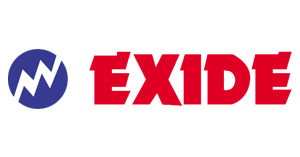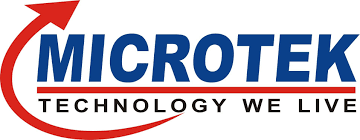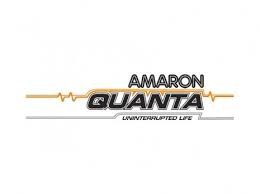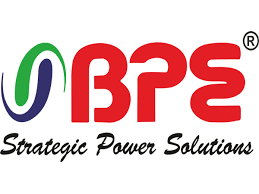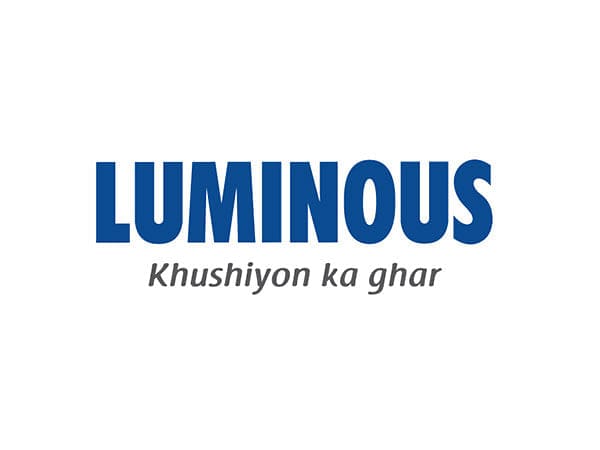Products
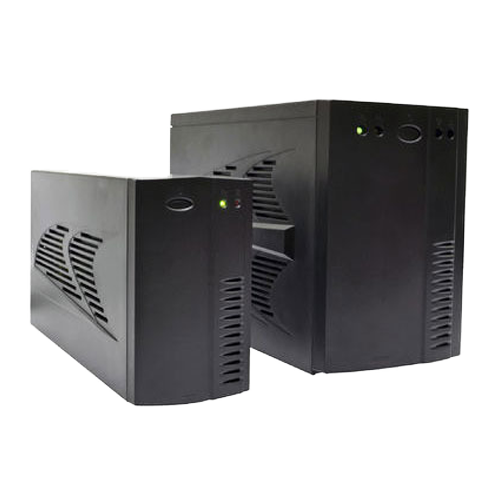
Inverters - Key Features
An inverter is an electronic device that converts direct current (DC) from sources like batteries or solar panels into alternating current (AC), which is used to power household appliances, commercial equipment, and industrial machinery. Inverters are essential for off-grid power systems, backup power solutions, and renewable energy systems.
Key Features of Inverters:
- Power Conversion: Converts DC power (from batteries or solar panels) into AC power for running household and commercial appliances.
- Pure Sine Wave Output: High-quality inverters produce a pure sine wave, which is compatible with sensitive electronics like laptops, medical equipment, and audio systems.
- Modified Sine Wave Output: Cost-effective inverters produce a modified sine wave, suitable for basic appliances like lights, fans, and tools.
- Power Rating: Available in various power ratings (measured in watts or kilowatts) to support different loads, from small devices to entire homes or businesses.
- Efficiency: Modern inverters are highly efficient, with efficiency ratings typically between 85% and 95%, minimizing energy loss during conversion.
- Battery Charging: Many inverters include built-in battery chargers to recharge connected batteries when mains power is available.
- Protection Features: Includes safeguards like overload protection, short-circuit protection, over-temperature protection, and low-voltage shutdown to protect the inverter and connected devices.
- Portability: Compact and lightweight designs make some inverters portable, ideal for outdoor activities, camping, or emergency use.
- LCD Display: Many inverters come with an LCD or LED display to show status information, such as input voltage, output voltage, battery level, and load capacity.
- Solar Compatibility: Solar inverters are specifically designed to convert DC power from solar panels into AC power for use in homes or businesses.
Types of Inverters:
- Standalone Inverters: Used in off-grid systems where there is no connection to the utility grid.
- Grid-Tie Inverters: Synchronize with the utility grid to feed excess power back into the grid, commonly used in solar power systems.
- Hybrid Inverters: Combine features of standalone and grid-tie inverters, allowing use with both grid power and battery backup.
- Portable Inverters: Small, lightweight inverters designed for mobile or emergency use.
Typical Use Cases:
- Home Backup Power: Provides electricity during power outages by converting DC power from batteries into AC power.
- Solar Power Systems: Converts solar energy (DC) into usable AC power for homes or businesses.
- Industrial Applications: Powers machinery and equipment in remote locations or during grid failures.
- Outdoor Activities: Portable inverters are used for camping, RV trips, or outdoor events to power small appliances.
- Emergency Power: Used in hospitals, data centers, and other critical facilities to ensure uninterrupted power supply.
Limitations:
- Dependency on Batteries: Inverters require batteries to store DC power, which adds to the overall cost and maintenance.
- Efficiency Loss: Some energy is lost during the DC-to-AC conversion process.
- Cost: High-quality inverters, especially pure sine wave models, can be expensive.
- Noise: Some inverters produce audible noise during operation, which can be a concern in quiet environments.
Summary:
Inverters are essential devices for converting DC power into AC power, enabling the use of household and commercial appliances in off-grid or backup power scenarios. They come in various types and power ratings, with features like pure sine wave output, battery charging, and protection mechanisms. While they have some limitations, inverters are a critical component of modern power systems, especially in renewable energy and emergency backup applications.
